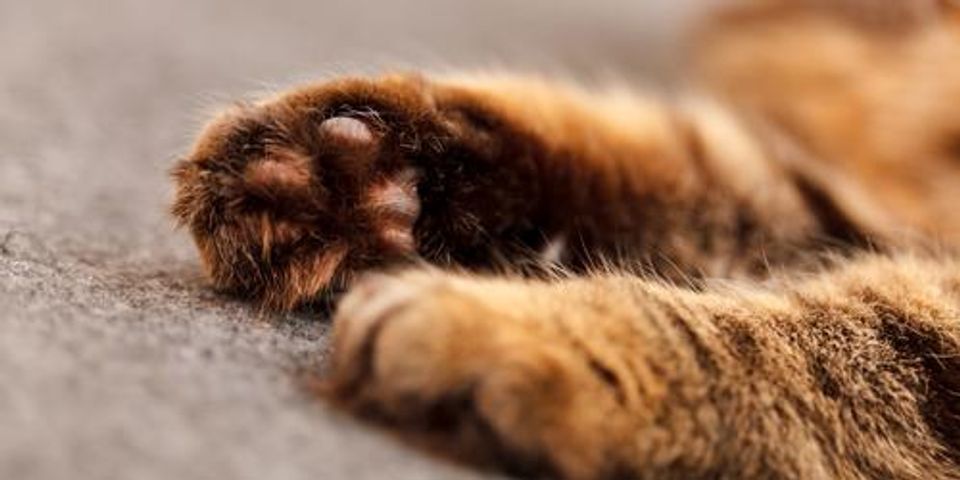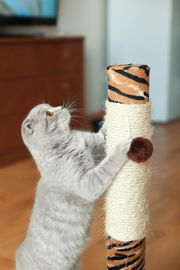Russellville Veterinary Clinic Shares Whether You Should Declaw Your Cat

Declawing cats was once a common practice, used primarily to prevent damage to furniture and floors. But in recent years, it has become stigmatized, with an increasing number of animal welfare organizations and veterinary clinics recommending against it. In 2014, the American Veterinary Medical Association amended its policy and now states that the procedure should be used only as a last resort in specific situations. Here, the team at Tanner Veterinary Hospital in Russellville, AR, answers some common questions about declawing.
Understanding the Process of Declawing
What Does the Procedure Involve?
Declawing requires surgery and putting your cat under general anesthesia. The actual technique varies between veterinary clinics. In the most common method, the claws and the first joint of each toe are amputated. Other methods include cutting the tendon or using a laser to remove the claw. Although the procedure is typically performed on the front paws, some veterinarians remove them from all four feet.
What Is the Effect?
 Your cat will experience some pain after the procedure and may require a few weeks to recover. Although some people fear that their cat might start biting or avoiding the litter box after the surgery, there is no evidence that this is the case. Your cat should resume their normal behavior after healing. However, declawed cats should not be allowed to go outdoors, since they can’t defend themselves.
Your cat will experience some pain after the procedure and may require a few weeks to recover. Although some people fear that their cat might start biting or avoiding the litter box after the surgery, there is no evidence that this is the case. Your cat should resume their normal behavior after healing. However, declawed cats should not be allowed to go outdoors, since they can’t defend themselves.
What Are the Alternatives?
Before considering surgery, try to curb the problematic behavior or provide another outlet for your cat’s natural inclination to scratch. Provide a scratching post and spend some time training the cat to use it. Cardboard posts are inexpensive and a favorite surface for felines. Apply sticky tape to the furniture or use sprays designed to repel your pet from specific areas. Keep their nails trimmed or have the veterinary clinic apply plastic nail covers.
Declawing your cat should be considered only when all other options have been exhausted. If you feel it may be necessary, Tanner Veterinary Hospital will help. Serving the community for more than 50 years, this veterinary clinic has extensive experience providing pet surgery, vaccinations, and general wellness care for your beloved companions. To make an appointment, call (479) 968-3535 or visit their website to learn more.
About the Business
Have a question? Ask the experts!
Send your question

